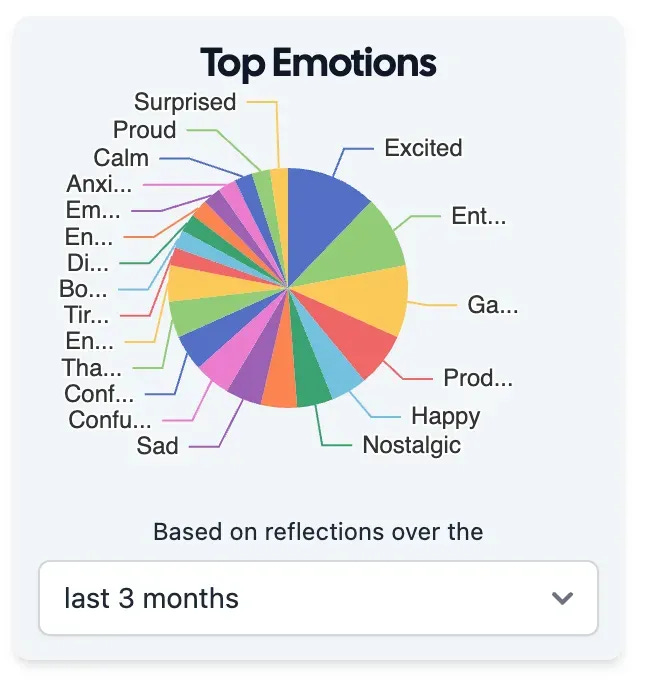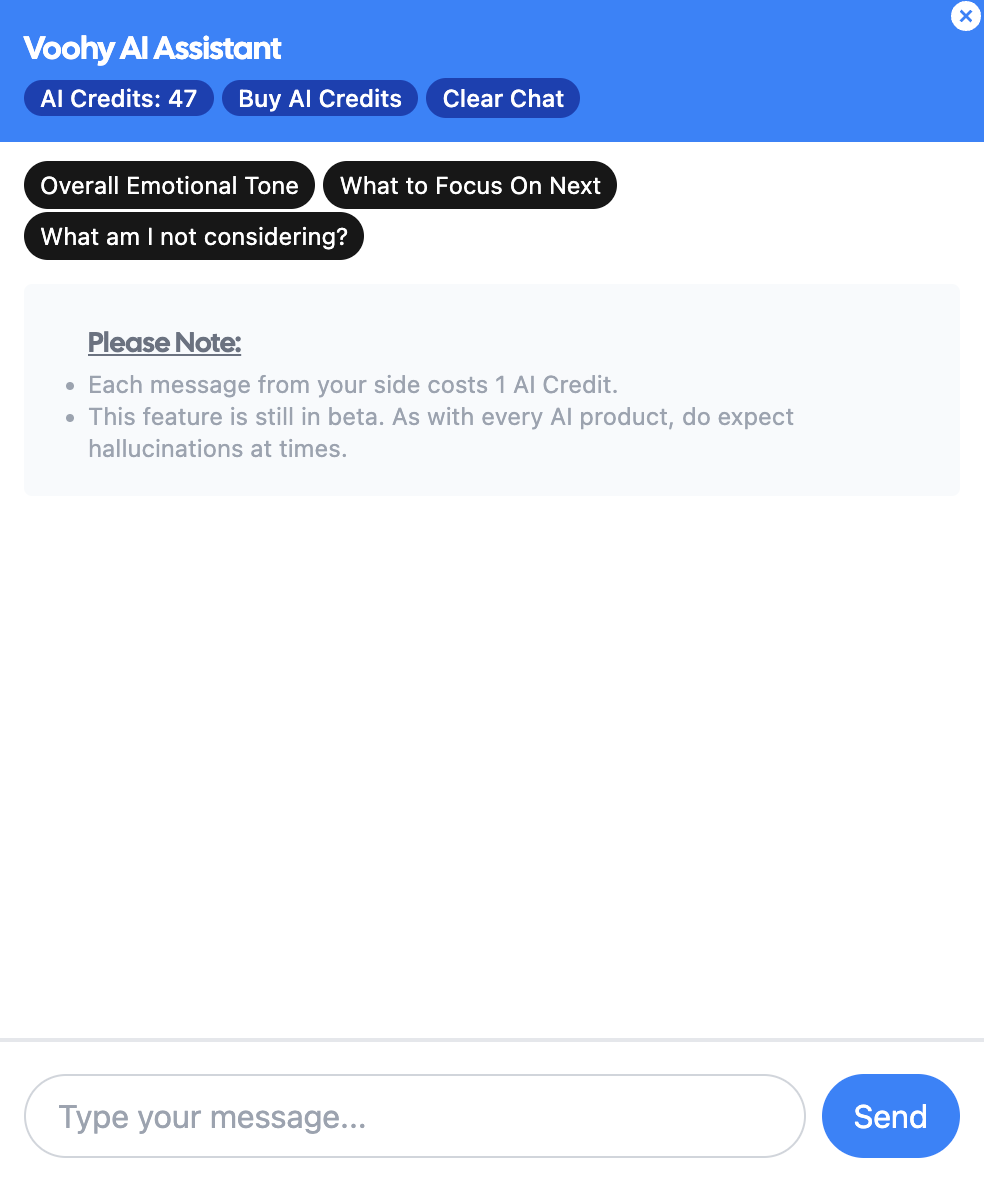Stop Grinding, Start Thinking: How reflecting on your work regularly can improve your performance
Research from Harvard Business School, Bocconi University, and the University of North Carolina
We all know the feeling: a new project, a challenging skill to learn, and the immediate urge to dive in and just do more. It's ingrained in us, this idea that practice makes perfect. But what if I told you that more isn't always better?
What if, sometimes, the smartest thing you can do is to pause, step back, and think?
A fascinating research paper from Harvard and other universities suggests that reflection, that often-overlooked activity, might be the secret weapon for boosting performance.
The Question They Asked
The researchers were trying to answer a fundamental question: When we're trying to get better at something, what's the best way to spend our time? Is it more time on the task itself, or is it time spent reflecting on our experiences with that task?
The Methodology
The researchers put their ideas to the test, conducting ten separate experimental studies with over 4,300 participants. They looked at everyone from call center agents in India to online participants solving puzzles, and even karaoke singers. Some participants were asked to spend time reflecting on their experiences, while others were given the same amount of time to practice more. It was a pretty comprehensive look at the issue, and the results were consistent across the board.
The Results: Reflection Wins (Mostly)
Across all those studies, the people who took time to reflect consistently outperformed those who just kept practicing.
For example, call center agents who spent time reflecting on their training performed better on their final assessments. But it gets more interesting. The researchers found that reflection was most effective at the beginning of the learning curve, when people had some experience to draw from, but weren't yet experts.
They also found that simple reflection, just thinking about it, was often more effective than more structured approaches like writing detailed notes. And here's the real head-scratcher: most people aren't naturally inclined to reflect. When given a choice, the vast majority chose more practice over reflection. It seems we're wired to undervalue the power of a pause.
What This Means for You as a Leader
The first thing to learn from this is to reflect on the study and see what thoughts, memories and emotions this stirs in you. (See what I did there?)
But really, do it. You’ll realize the power of regular reflection is severely underestimated. So, how do you get better at it?
First, make reflection a habit. Build it into your team's workflow. After a big project, a product launch, or even just a tricky week, schedule some time for reflection. It doesn't have to be a marathon session; even a 15-minute pause to think about what went well, what could be improved, and what was learned can be incredibly powerful.
Second, think about timing. Reflection is most effective when people have some experience to reflect on, but aren't yet masters. Consider incorporating it early in training programs, after the initial learning phase, but before people have become completely comfortable.
Third, don't overcomplicate it. Sometimes, the best reflection is the simplest. Don't force people into overly structured frameworks. Give them the space and time to think quietly and process their experiences.
Finally, you might need to actively encourage it. Most people instinctively want to keep grinding. Make it clear that reflection isn't a luxury, it's an essential part of the learning process.
Reflections in Voohy
Voohy has the world’s most emotionally intelligent reflection tool built-in, and it’s available even on the free plan. It looks a bit like this
Here, you can regularly reflect on your day and enter - and this is key - the current emotions you are currently feeling. Just the act of doing this, called affect labelling, can seriously improve your emotional intelligence and regulation if done regularly.
Over time, it can also show you analytics of your emotions.
With VoohyAI, you can actually chat with your journal entries, and based on your entries, give you personalized advice just like a CBT coach would.
Sign up for Voohy and get started with regular reflections.
Parting Words
This research reminds us that sometimes the best way to improve isn't to do more, but to pause and process what we've already done.
As one researcher noted, "In our constant battle against the clock, taking time to reflect may sound like a luxurious pursuit. But reflection is no idle pursuit - it can powerfully enhance the learning process, and do so more than the accumulation of additional experience alone."
The next time you're planning training or looking to improve performance, remember: sometimes the best way to move forward is to pause and reflect.




